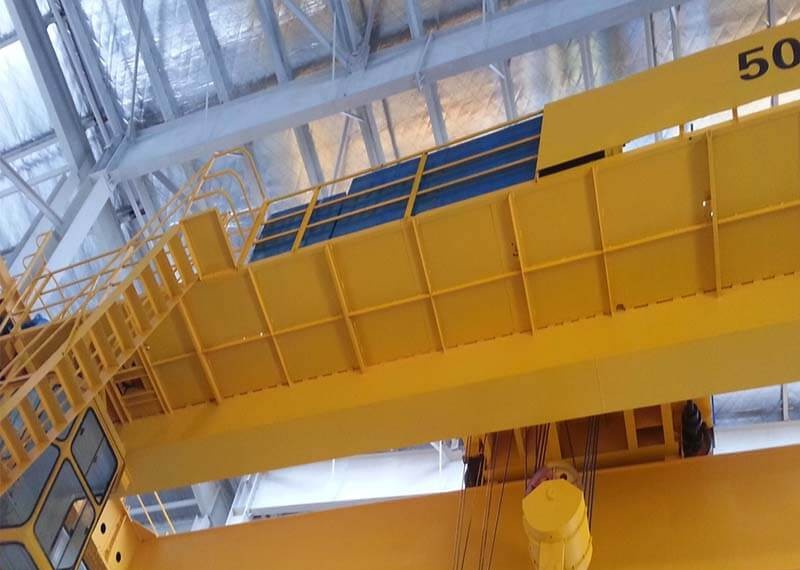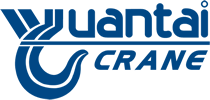
Reasons for welding deformation of overhead crane
The overhead crane is a lifting device transverse to the workshop, warehouse and shell. Because its end is located on a high concrete column or metal bracket, it is shaped like a bridge. Overhead cranes are widely used in engineering and production, but there will be many problems in the process of use.
Controlling the deformation of welding is to fully understand the cause of the deformation, and it is helpful to take appropriate measures according to the specific situation, thereby reducing the degree of welding deformation to a small value, making the structure appropriate and reasonable, better improving the various properties of the crane, and providing more Good structure.
Under normal conditions, the main cause of welding deformation of overhead cranes is caused by uneven heat input. The amount of heat input is closely related to the material and structure of the welding. Material factors and structural factors affect the movement of the metal around the heat source, making it simultaneously affected by the internal and external binding forces, resulting in the production of welding materials. Stress-deformation welding deformation mainly includes shrinkage deformation (longitudinal shrinkage and lateral shrinkage), bending deformation, angular deformation, wave deformation, twisting deformation and other types. It is reflected in the external structure of the bridge crane that shows local uplift, distortion, bending and distortion.
Welding deformation mainly includes shrinkage deformation (longitudinal shrinkage, lateral shrinkage), bending, angular deformation, wave deformation, twisting deformation, etc., reflecting the external structure of the bridge crane, showing local bulging, twisting, bending and distortion.
In the welding process, these problems are caused due to many reasons, for example, the size of the weld is insufficient, the number of welds does not meet the predetermined standard, the location of the weld, and the designed location, welding material. The thermal physical properties are not strong, the construction process is not conducive to achieving a good welding state, the selection of welding parameters, etc., each specific link must be carefully mastered to effectively achieve the desired effect.


